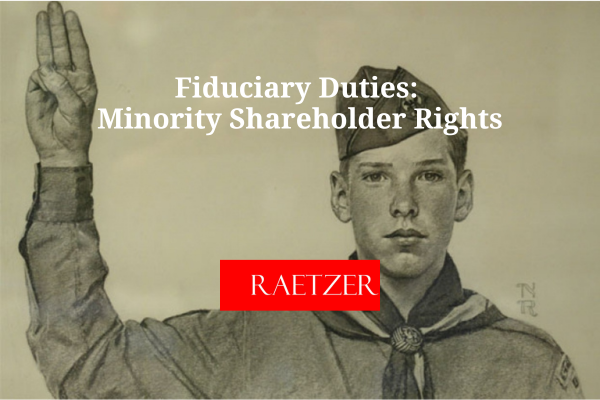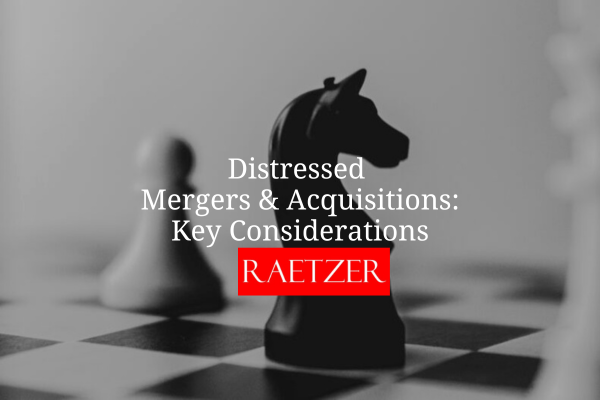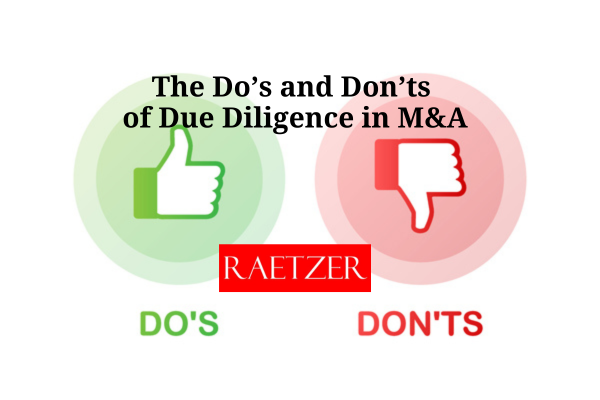Officers, directors, managers, controlling shareholders and other key individuals in corporations and business entities often have obligations toward minority owners as outlined in the organization’s foundational documents (e.g., bylaws, operating agreements). For example, control persons may be required to provide minority investors access to the company’s books and records. Additionally, state laws impose specific duties, such as holding annual shareholder meetings, for the benefit of minority owners.
Beyond these clear-cut responsibilities, control persons may also be obligated to prioritize the interests of minority owners over their own. These are known as fiduciary duties, which arise in relationships where one party places special trust and reliance on the judgment of another, such as between a director and a shareholder. Fiduciary duties generally apply to directors, officers, and controlling shareholders of corporations. However, in LLCs or partnerships, such duties may be restricted or entirely waived through organizational documents.
Assuming fiduciary duties are applicable, the primary obligations include (for ease of reference, this article focuses on Delaware law. Each state may have varying standards so always consult with a local attorney):
- The Duty of Care
- The Duty of Loyalty
- The Duty of Good Faith
1. The Duty of Care
The duty of care requires control persons to make informed decisions based on thorough consideration of relevant information. This includes a responsibility to evaluate alternatives and rely on employees or advisors with a critical and discerning perspective. Decisions made under this duty benefit from the business judgment rule, which protects actions taken in good faith, on an informed basis, and in the honest belief that they serve the company’s best interests.
2. The Duty of Loyalty
The duty of loyalty obligates control persons to prioritize the interests of the company and its owners over their own. They must avoid exploiting their position of trust, confidence, or insider knowledge for personal gain. This includes refraining from actions that provide personal benefits not shared by the company or its other owners.
Conflicts of interest that can violate the duty of loyalty typically fall into two categories:
- Interestedness: When a control person benefits from a transaction that is not equally advantageous to the company and its other owners.
- Lack of Independence: When a control person indirectly benefits from a transaction or is beholden to another individual who stands to benefit.
Courts assess whether such benefits are material and likely to influence a control person’s objectivity. A decision remains valid if a majority of disinterested and independent control persons approve it, even if some control persons are conflicted.
3. The Duty of Good Faith
The duty of good faith requires control persons to act prudently and responsibly, demonstrating the care a reasonable person in a similar role would exercise under comparable circumstances. Failing to act in good faith, even if not unlawful, includes actions driven by improper motives or those producing grossly inequitable outcomes. This duty encompasses a commitment to making decisions free from self-interest or conflicting priorities that undermine the company’s best interests.
The standard for good faith may be influenced by an individual’s expertise or knowledge. For instance, a finance expert might be held to a higher standard when relying on third-party valuations.
Historically, courts treated the duty of good faith as a distinct obligation. However, it is now often regarded as a component of the duty of loyalty.




